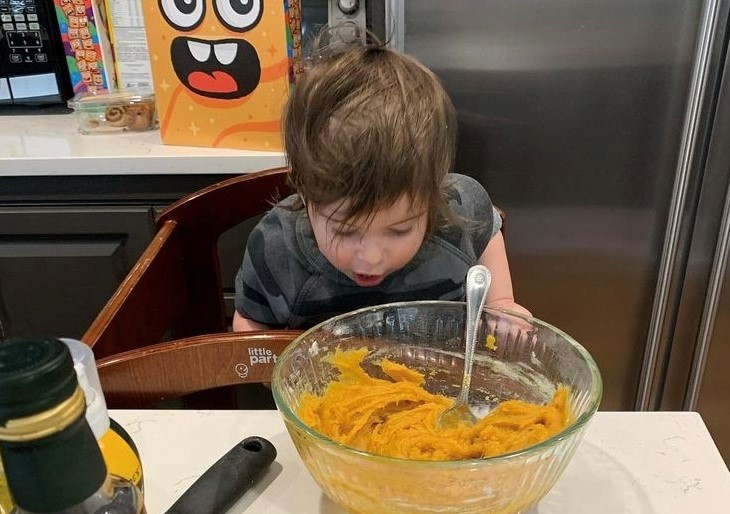Whether you have a child developing new language concepts or you know someone working to habilitate/rehabilitate their language, cooking targets many different communication skills!
Expressive Language:
Verbs- mixing, stirring, rolling, pouring, mashing, cutting, spreading, chopping, opening, peeling, cleaning, eating…
Adjectives- hot, cold, wet, dry, sticky, squishy, small, big…
Nouns- cups, bowls, spoons, pots, pans, ingredients
Receptive Language:
Following directions (this can be graded up or down based on how many directions given at a time)
Sequencing- first, next, last
Understanding quantity concepts
Recall- Discuss the recipe and talk about what is needed and how to prep
Pragmatic Language:
Promotes quality time together
Teaches patience
Provides opportunity to be creative
Bonus
Increases/improves other everyday life skills- hand/eye coordination, sensory experience, fine motor skills
Author: Elizabeth Zeman, M.A. CCC-SLP
Speech and Language Pathologist

